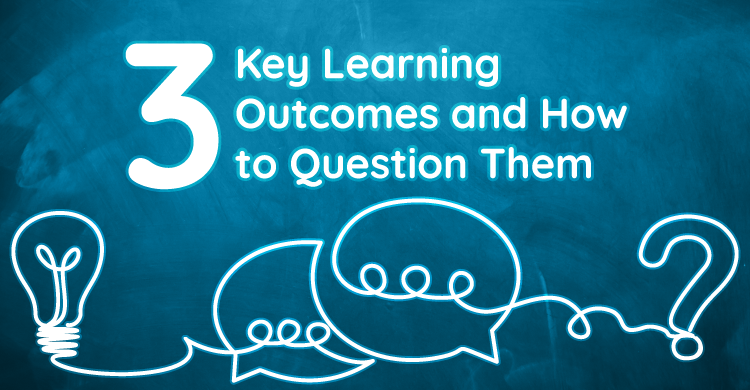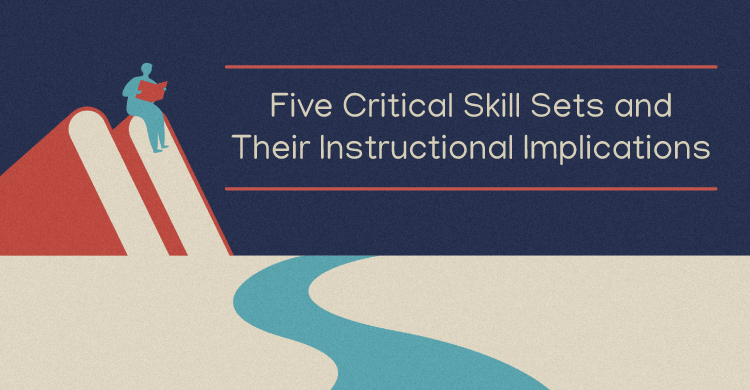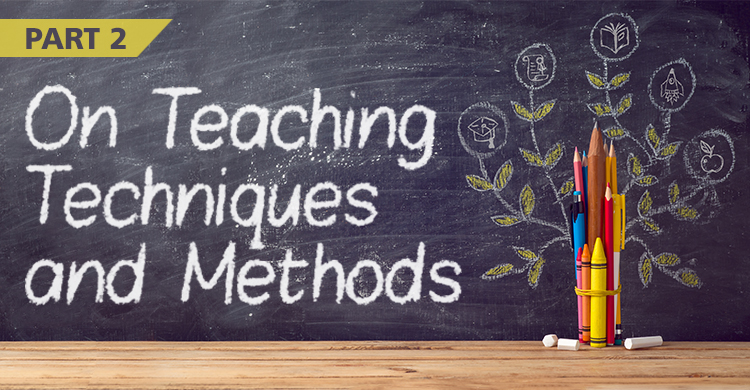The Ultimate List of Essential Questions for Teachers
What are the 5 pillars of good teaching? Think about the most essential questions you
Read More

What are the 5 pillars of good teaching? Think about the most essential questions you
Read More
Over the years, I’ve worked with many teachers at all levels, and one of the
Read More
After many years of both guiding and observing educators, I have concluded that good teaching
Read More
Elliott Seif is the author of Teaching for Lifelong Learning: How to Prepare Students for
Read More
On Teaching Techniques and Methods: Reflections of an Experienced Teacher (Part Two) By Ralph Rhodes,
Read More